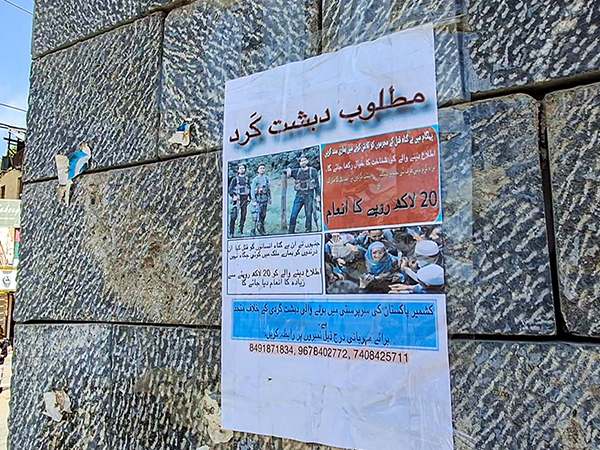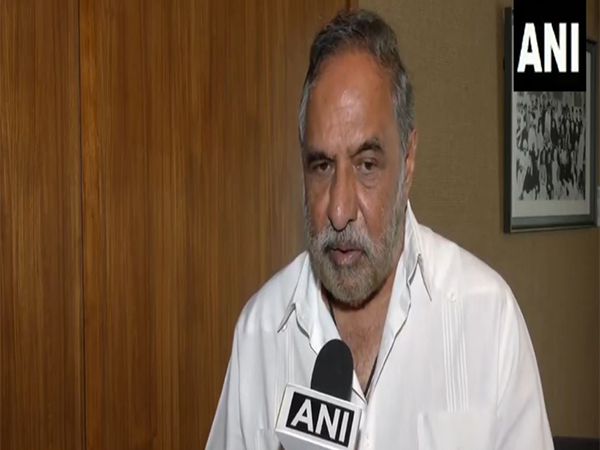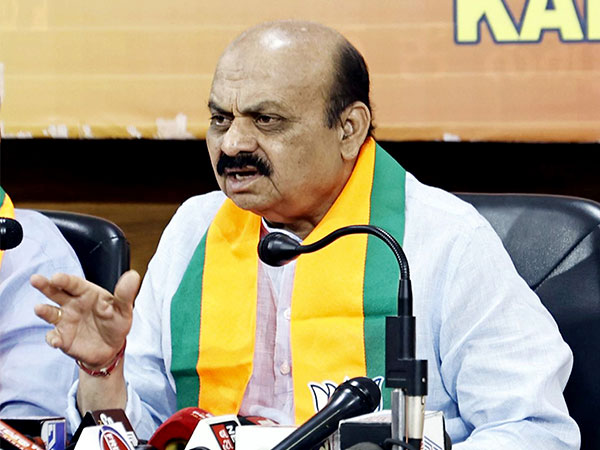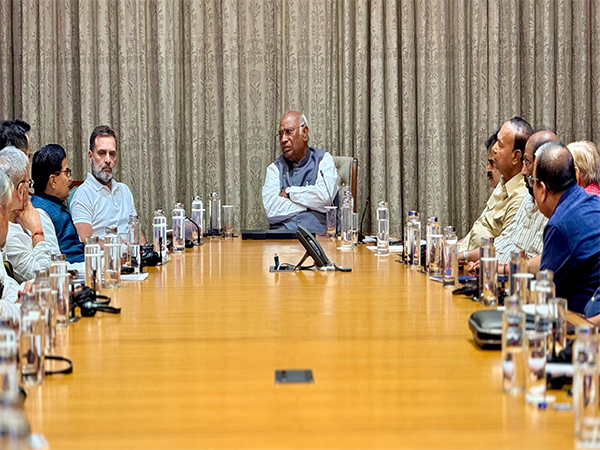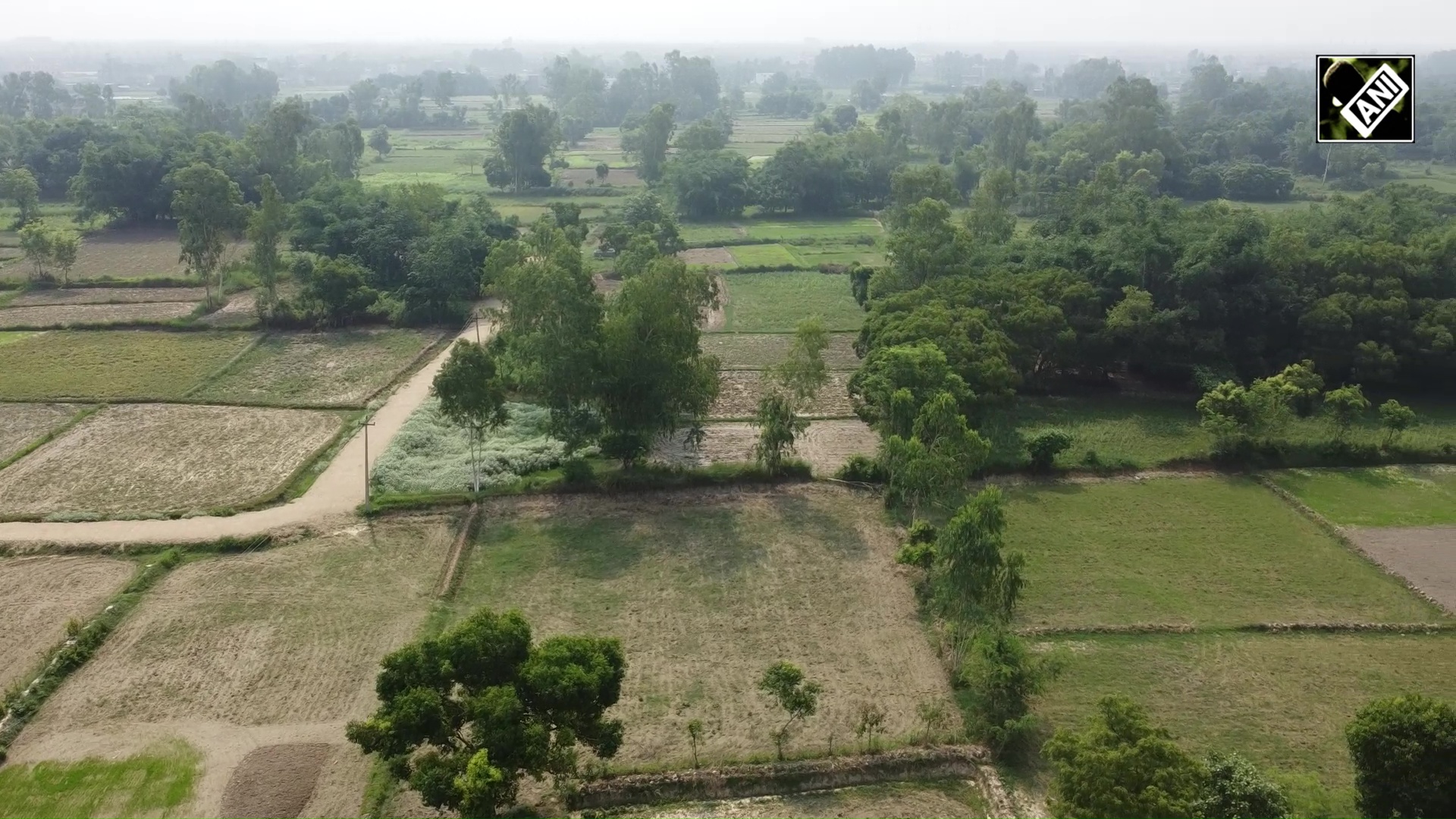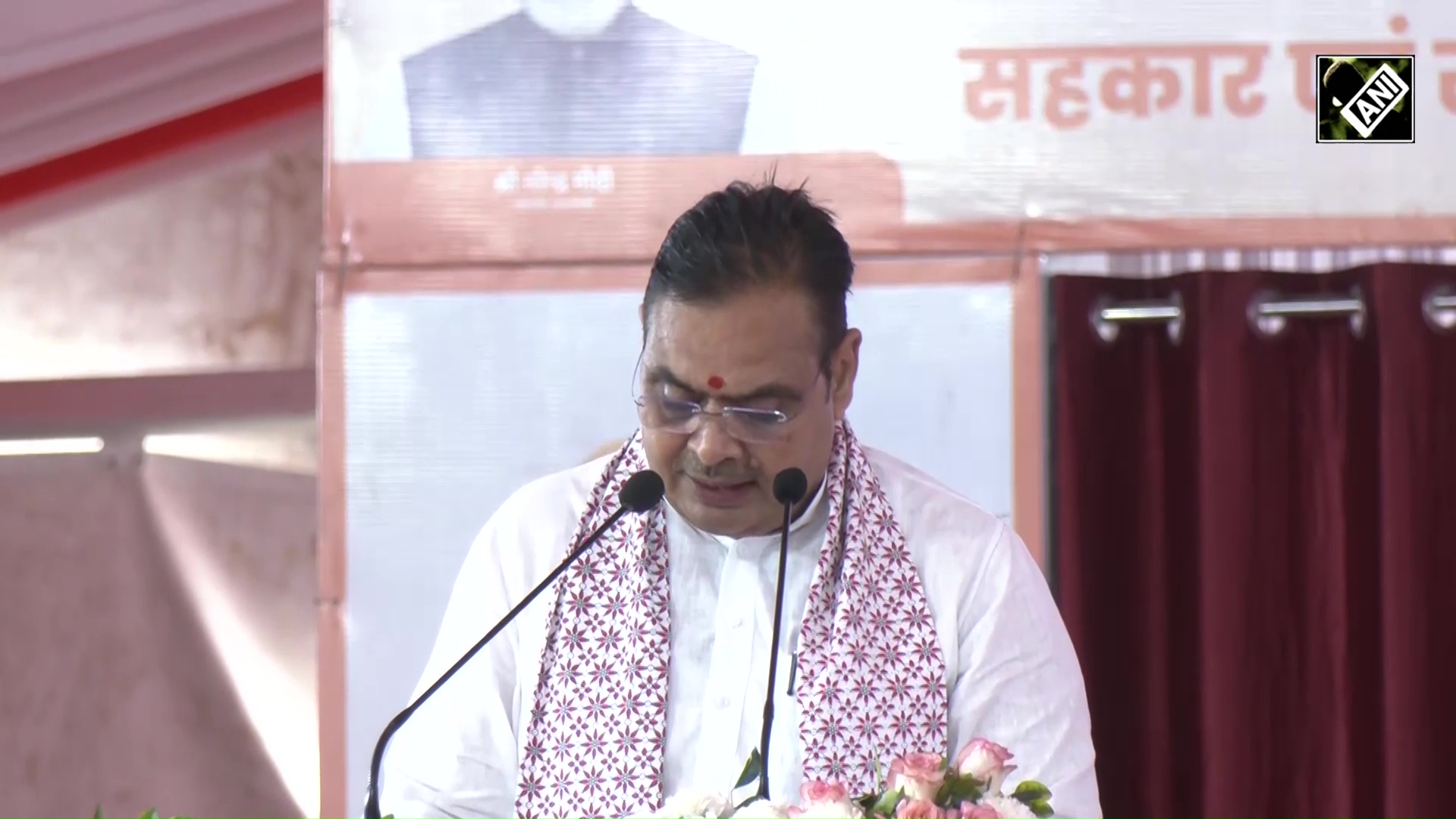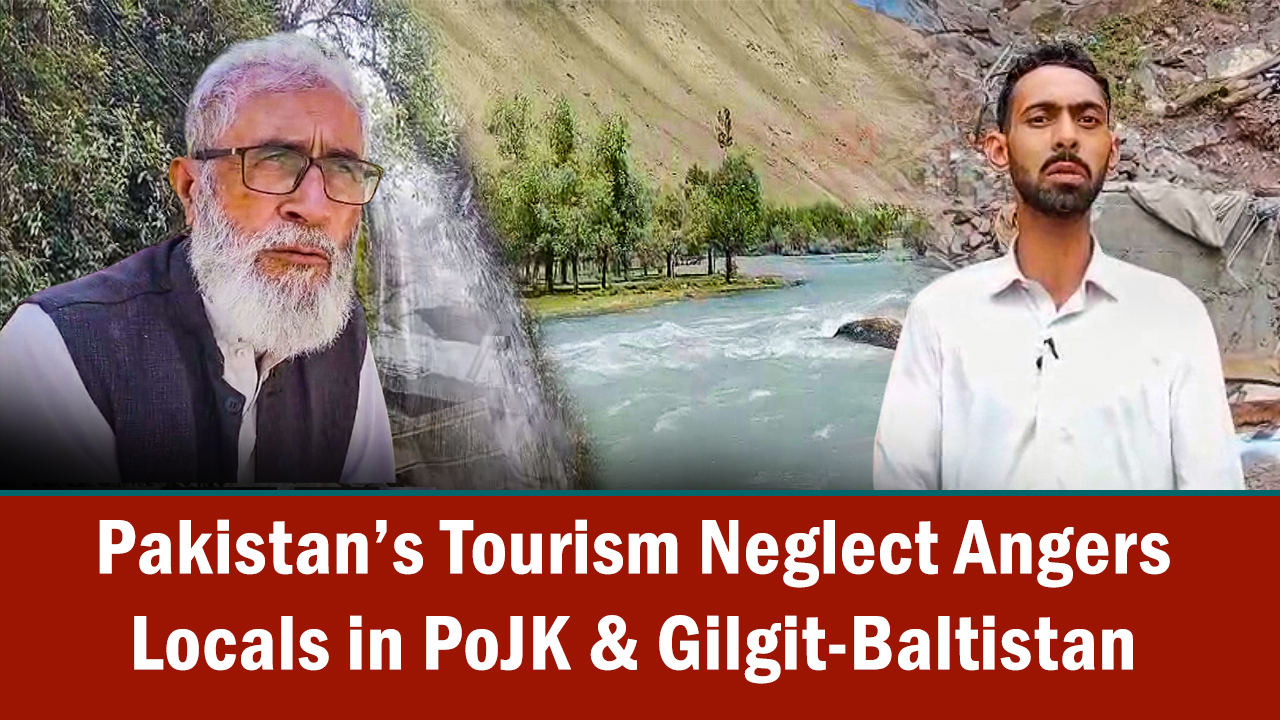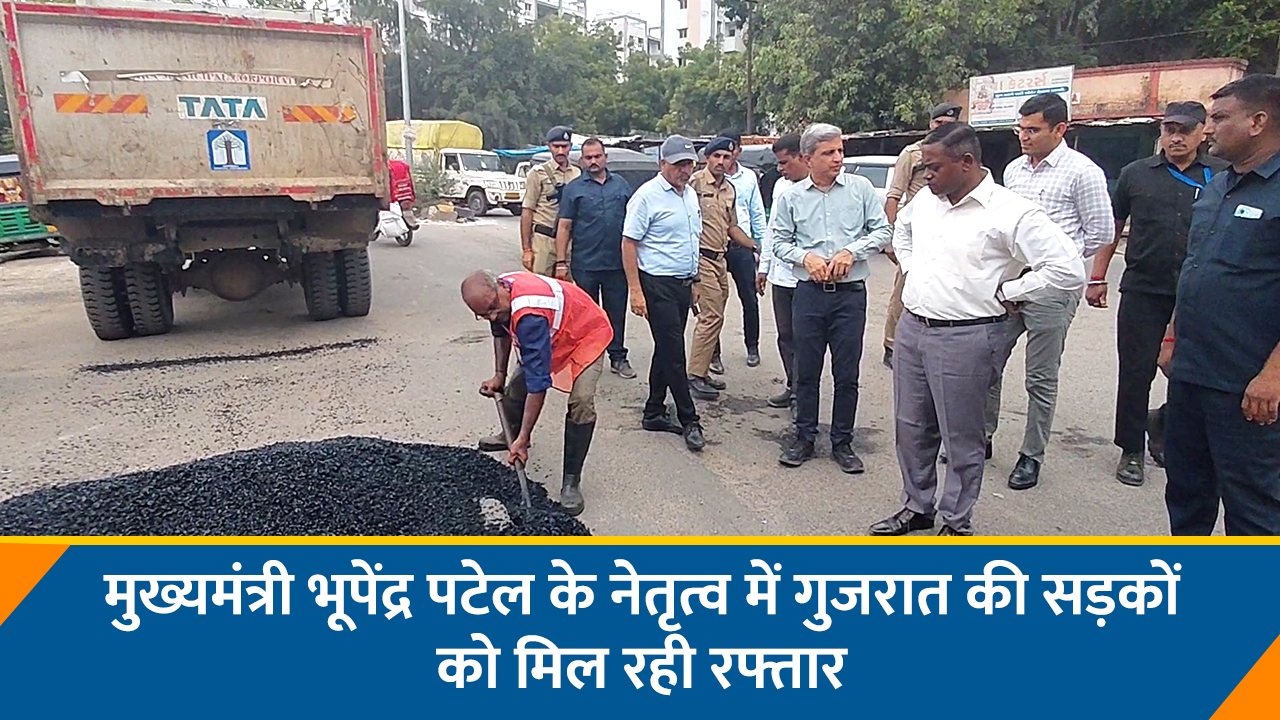Poor road infrastructure hampers tourism in Pakistan-occupied Gilgit Baltistan
Jul 27, 2024

Gilgit [PoGB] July 27 : Gilgit Baltistan, known for its breathtaking natural beauty, remains largely inaccessible to both tourists and locals due to poor road connectivity.
For decades, the administration in Pakistan-occupied Gilgit-Baltistan (PoGB) has neglected infrastructure development, leading to growing frustration among residents over the deteriorating roads and overall poor infrastructure.
Asif Gohar, a restaurant owner in the region, highlighted the severe impact of dilapidated roads, inadequate transportation, and poor network connectivity on tourism.
"Currently, the issues we are facing are primarily related to the roads and the poor facilities in hotels. We made the same request to the previous government as well. Roads and hotels are our basic needs. The tourists coming here have to face many difficulties due to the poor infrastructure, including road conditions. Many tourists who visit once say that it will be difficult for them to return because of the road conditions," Gohar said.
Gilgit Baltistan, despite its potential as a major tourist destination, sees limited visitors due to these challenges.
Gohar believes that if the government addresses these infrastructure issues, the region could retain 100 percent of its tourism.
"Gilgit Baltistan is known for its tourism, and if the government improves the roads and other facilities, 100 percent of the tourism will remain here. No one from Pakistan will go to Switzerland, London, or Paris; everyone will head to Gilgit Baltistan. The reason is that tourists face a lot of difficulties due to the road conditions, which is why they are not coming. If the government focuses on this issue and works on it, all tourism will be directed towards Gilgit Baltistan," he added.
Local residents have long criticized politicians for making hollow promises of development during election campaigns, only to fail in delivering tangible improvements.
This lack of action from the government has adversely affected all sections of society in Gilgit Baltistan.
The region's economic potential remains untapped due to this chronic neglect. As the community continues to raise its voice for better infrastructure, it remains to be seen whether the administration will finally heed their demands and take concrete steps to improve the situation.
